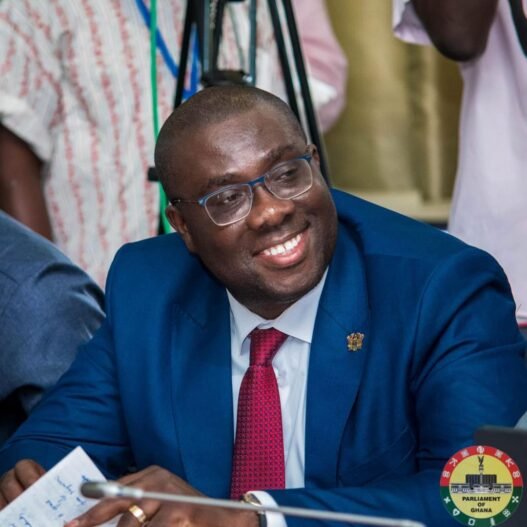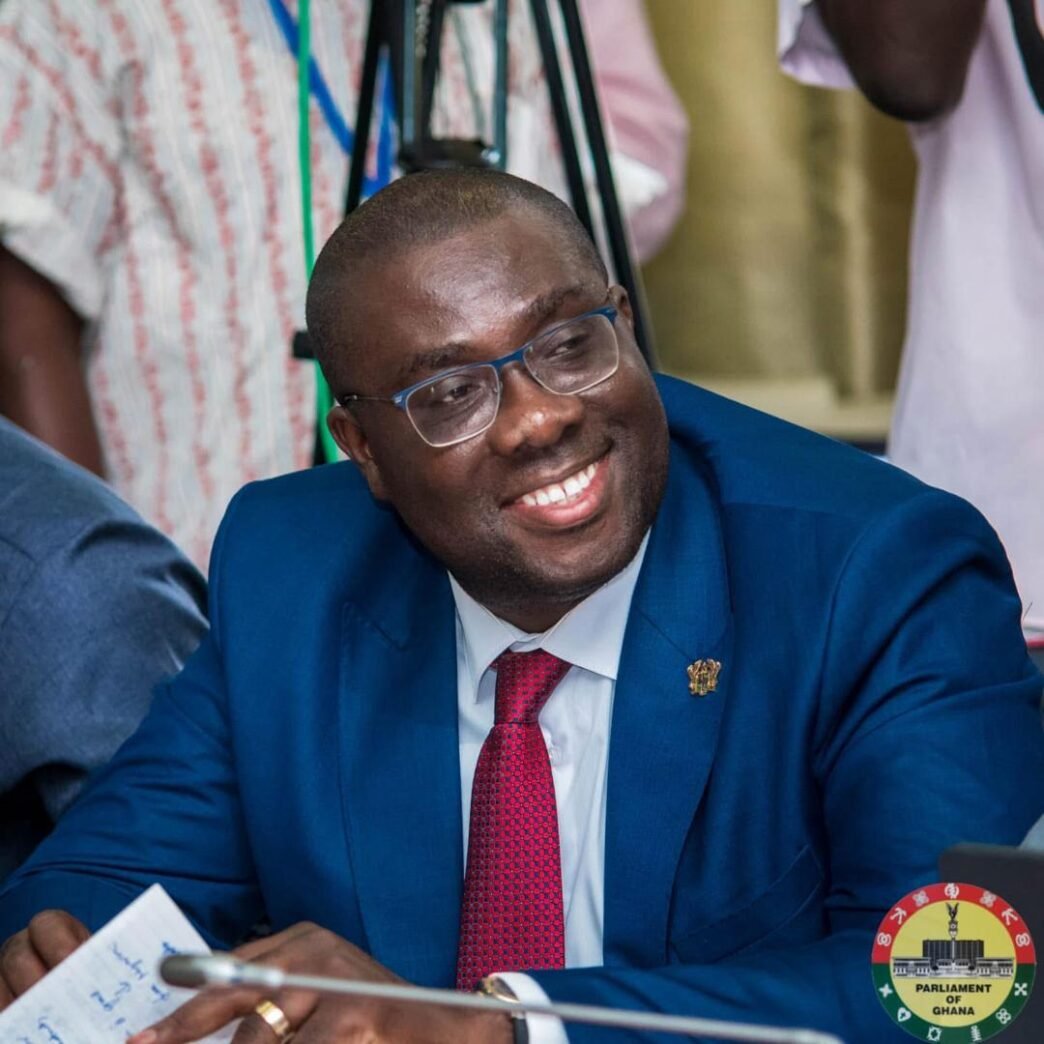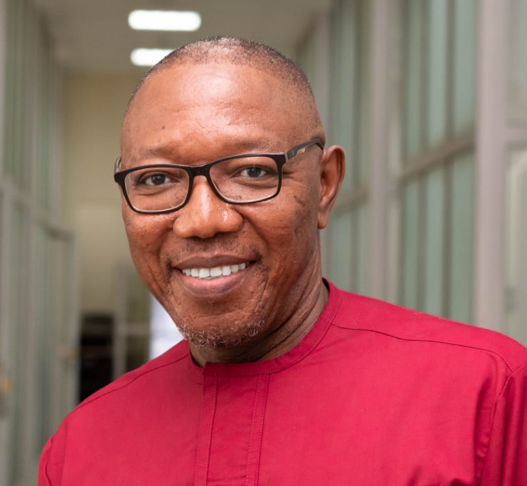Samuel Awuku, popularly known as Sammi Awuku, has tendered his resignation as Director-General of the National Lottery Authority (NLA), citing his new role as Member of Parliament for Akuapem North as the reason for stepping down. However, this seemingly honorable move has raised eyebrows in light of recent allegations by Kevin Taylor, the outspoken journalist of Loud Silence Media, who has implicated Awuku in election-related violence and questionable National Security operations.
The Allegations by Kevin Taylor
Kevin Taylor’s detailed exposé alleges that Awuku was directly connected to a group of individuals—referred to as “Double,” Ernest, and Osei—linked to violent activities during Ghana’s 2020 and 2024 elections. According to Taylor:
- Recruitment into National Security: Awuku allegedly brought these men, previously involved in landguard and bouncer activities, into National Security under the NPP administration.
- Involvement in Election Violence: The group was allegedly tied to incidents like the Ayawaso West Wuogon by-election violence and the Techiman South shootings, which claimed the lives of innocent Ghanaians.
- Post-Election Moves: After the 2024 elections, key individuals in the group reportedly fled the country or repositioned themselves in roles shielded from scrutiny.
These allegations raise critical questions about the integrity of Ghana’s National Security apparatus and the accountability of political figures linked to rogue operations.
Potential Motives Behind Awuku’s Resignation
Given the gravity of the allegations and their timing, Awuku’s resignation could be viewed through multiple lenses:
- Shielding Himself from Investigations:
President John Dramani Mahama’s directive to reopen investigations into election-related deaths may have prompted Awuku’s exit. As Director-General of the NLA, Awuku was a visible figure; transitioning to Parliament may afford him some political protection while distancing him from direct scrutiny of his past actions. - Strategic Retreat from Potential Diminishment:
With the change in government, Awuku may have anticipated challenges in retaining his position in a regime that is likely to scrutinize the appointments and actions of officials from the previous administration. Resigning preemptively allows him to control the narrative and avoid being dismissed under controversial circumstances. - Avoidance of Public and Media Pressure:
Kevin Taylor’s revelations have intensified public discourse around Awuku’s alleged connections to the violent incidents. Stepping down may be a calculated move to shift focus away from himself and mitigate reputational damage.
Implications of Awuku’s Actions
- For National Security:
Taylor’s allegations, if substantiated, highlight systemic flaws within National Security, particularly regarding recruitment practices and oversight. This could lead to calls for broader reforms to restore public trust. - For Political Accountability:
Awuku’s resignation might embolden calls for greater accountability among political figures implicated in election-related violence. It could also set a precedent for how such allegations are addressed within Ghana’s political system. - For Justice and Victims’ Families:
With investigations into the election-related killings gaining momentum, Awuku’s role—or lack thereof—could become a critical focal point. Any evidence linking him to the alleged activities could lead to significant legal and political repercussions.
Conclusion
While Sammi Awuku has framed his resignation as a commitment to focus on parliamentary duties, the timing and context suggest deeper undercurrents. Kevin Taylor’s allegations add a layer of complexity to what might otherwise have been seen as a routine career transition.
As investigations into the election-related killings proceed, the onus lies on law enforcement and the judiciary to uncover the truth. For Awuku, his actions moving forward will determine whether his resignation was a strategic retreat or a genuine step toward fulfilling his parliamentary responsibilities.

















